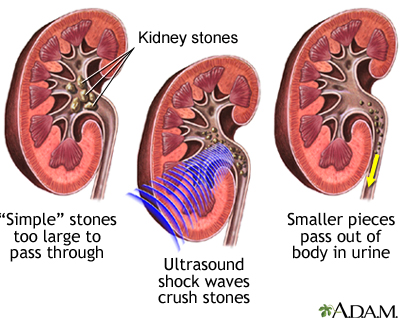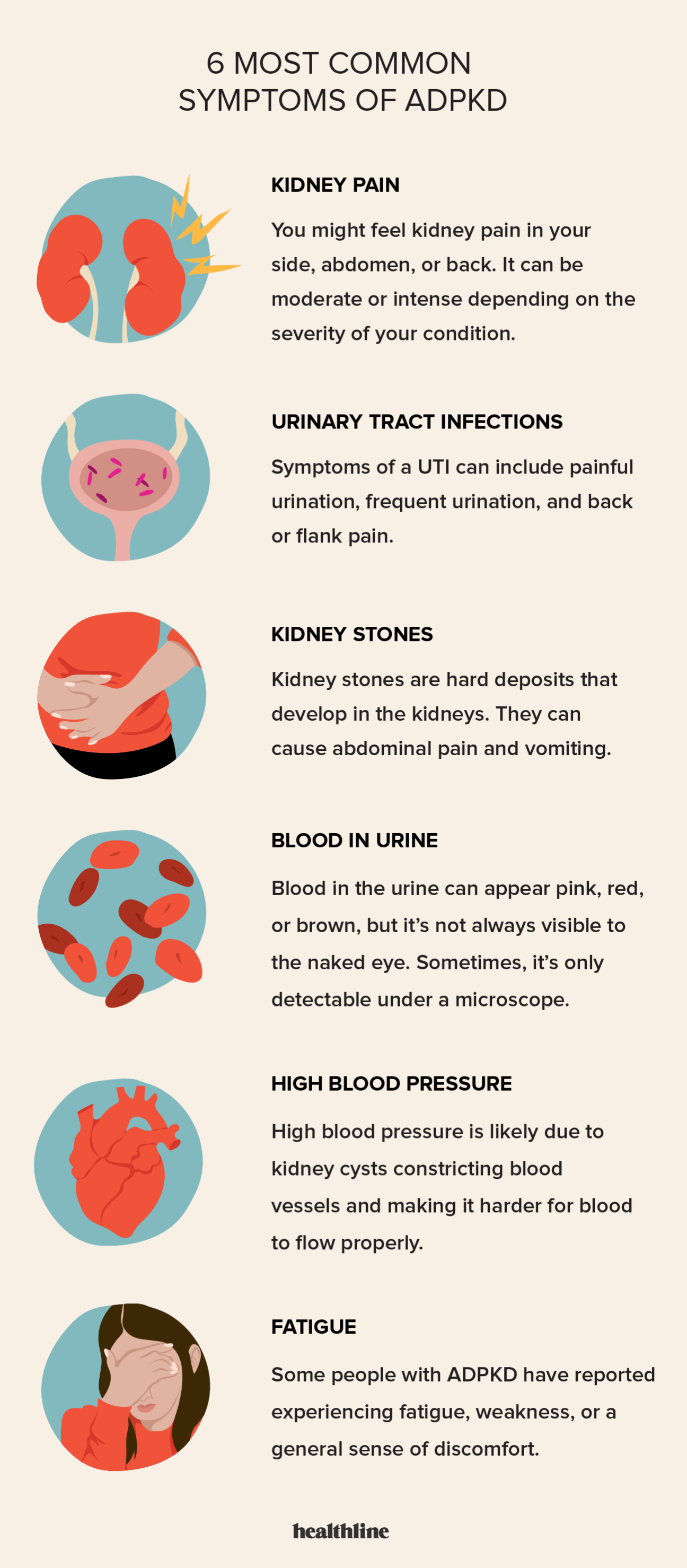Kidney Stones vs UTI: Exactly How to Recognize and Deal With Each Problem Efficiently
Kidney Stones vs UTI: Exactly How to Recognize and Deal With Each Problem Efficiently
Blog Article
Recognizing the Key Distinctions Between Kidney Stones and Urinary Tract Infections: A Detailed Introduction for Patients
Comprehending the differences in between kidney stones and urinary system system infections (UTIs) is crucial for patients who may be experiencing similar signs and symptoms yet encounter greatly different health and wellness challenges. While both problems can manifest discomfort in the reduced abdomen or back, their hidden causes, diagnostic approaches, and therapy methods diverge significantly. A nuanced comprehension of these distinctions not only help in accurate self-assessment but likewise notifies conversations with doctor. As we discover these crucial elements, it comes to be clear that identifying the one-of-a-kind qualities of each condition can greatly affect individual outcomes. What might be the very best strategy to addressing these differences?
Introduction of Kidney Stones
The development of kidney stones, a agonizing and often incapacitating condition, underscores the important relevance of keeping renal health and wellness. The main kinds of kidney stones consist of calcium oxalate, calcium phosphate, uric acid, struvite, and cystine stones, each with distinct reasons and risk elements.
Numerous variables add to the formation of kidney stones. Additionally, metabolic disorders and certain clinical problems may predispose individuals to stone development.
Signs and symptoms of kidney stones can consist of serious flank queasiness, hematuria, and pain, which typically trigger urgent clinical assessment. Therapy choices vary, varying from boosted fluid consumption and nutritional adjustments to medical treatments such as lithotripsy or surgical removal, depending upon the size and area of the stones. Understanding these facets is necessary for effective prevention and monitoring.
Summary of Urinary System Infections
Urinary system system infections (UTIs) represent a common yet substantial health and wellness problem, affecting numerous individuals annually. These infections take place when bacteria enter the urinary system, that includes the kidneys, ureters, bladder, and urethra. The bulk of UTIs are brought on by Escherichia coli, a type of microorganisms normally found in the stomach tract. While UTIs can influence anybody, they are particularly widespread in women because of anatomical differences that assist in bacterial entrance.
The threat factors for developing a UTI consist of sexual activity, certain kinds of birth control, urinary system retention, and a history of previous infections. Uncomplicated UTIs are typically limited to the bladder and are a lot more typical in healthy and balanced individuals, while complex UTIs may entail the kidneys and occur in those with underlying health issues.
Prompt diagnosis and treatment are vital to prevent complications, such as reoccurring infections or kidney damage (Kidney Stones vs UTI). Typically, UTIs are treated with anti-biotics, and precautionary procedures can be utilized for those with frequent occurrences
Common Symptoms Contrast
Symptoms of urinary tract infections and kidney stones can typically overlap, leading to complication in medical diagnosis. In contrast, kidney stones often tend to create severe, sharp discomfort that radiates from the back to the reduced abdomen and groin, often explained as colicky pain.
In addition, UTIs may be accompanied by fever and chills, specifically in extra extreme cases, while kidney stones can lead to queasiness and vomiting due to intense discomfort. While pain throughout peeing is a hallmark of UTIs, kidney stones generally provide with more severe discomfort episodes, which might go and come.
Medical Diagnosis Approaches
How can healthcare professionals accurately differentiate between kidney stones and urinary system tract infections? The diagnostic process begins with an extensive case history and a detailed review of the client's signs. Medical professionals often perform a physical evaluation, which may reveal tenderness in the abdomen or flank area, leading the analysis path.
Lab tests play an important function in differentiating between these 2 problems. Kidney Stones vs UTI. A urinalysis can determine the visibility of blood, crystals, or germs, which are a sign of either condition. In cases of urinary system infections, the urinalysis might show a significant visibility of leukocyte and nitrites, while kidney stones may read this present with specific crystals
Imaging researches, such as abdominal ultrasound or computed tomography (CT) scans, are essential for envisioning kidney stones. These imaging methods enable doctor to examine stone dimension, place, and potential blockages in the urinary system. On the other hand, urinary system tract infections generally do not call for imaging unless issues are thought.
With each other, these analysis methods empower healthcare professionals to properly identify and distinguish in between kidney stones and urinary tract infections, making sure that people obtain ideal treatment and management.
Treatment Choices and Avoidance
While both kidney stones and urinary system system infections (UTIs) need punctual treatment, their monitoring techniques vary considerably.
The treatment for kidney stones frequently entails pain administration, hydration, and sometimes, medical treatments such as extracorporeal shock wave Check Out Your URL lithotripsy (ESWL) or ureteroscopy to get rid of or break down stones. Patients are regularly recommended to boost liquid intake to promote stone passage and minimize reappearance. Dietary adjustments might also be required, relying on the stone kind.
On the other hand, UTIs are mostly treated with anti-biotics to eliminate the microbial infection. The details antibiotic prescribed depends upon the germs determined and regional resistance patterns. Added actions, such as increased fluid intake and urinary anesthetics, might help ease symptoms.
Avoidance methods vary also; for kidney stones, maintaining ample hydration and sticking to dietary restrictions can be effective. For UTIs, preventive methods include proper health techniques, urinating after intercourse, and possibly preventative anti-biotics for recurrent infections. Recognizing these therapy and prevention methods is important for efficient administration and to minimize the threat of issues related to both conditions.
Verdict

Recognizing the distinctions between kidney stones and urinary system system infections (UTIs) is important for individuals that may be experiencing similar symptoms yet deal with significantly various health challenges. The main kinds of kidney stones include calcium oxalate, calcium phosphate, uric acid, struvite, and cystine stones, each with distinctive causes and risk variables.

Report this page